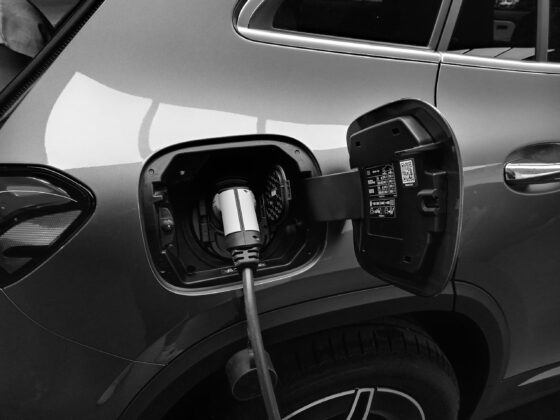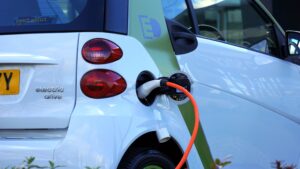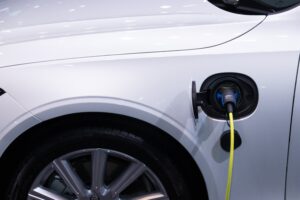
Electric vehicles (EVs) have surged onto the scene, hailed as the eco-warriors of our generation. But before you ditch your gas-guzzler for a sleek Tesla, let’s peel back the shiny veneer and delve into the true environmental impact of electric cars. Are they the green saviors we’ve been promised, or simply overhyped myths?
The Allure of Zero Emissions:
On the surface, EVs boast an undeniable green allure. Unlike their gasoline-powered counterparts, they produce zero tailpipe emissions, a major victory for cleaner air and reduced greenhouse gases. This translates to healthier lungs, a cooler planet, and a potential path towards a greener future.
Beyond the Hype: The Hidden Costs of Going Electric
However, the story of EVs isn’t quite as clear-cut as the marketing brochures make it seem. The environmental footprint of an EV stretches far beyond the tailpipe, lurking in the shadows of its seemingly clean operation. Here are some key factors to consider:
1. Battery Blues: The lithium-ion batteries powering EVs are resource-hungry beasts. Mining the materials needed for their production can be environmentally damaging, involving practices like deforestation and water pollution. Additionally, ethical concerns surround labor conditions in some mining operations.
2. The Dirty Electricity Dilemma: While EVs themselves don’t emit emissions, the electricity they guzzle might. If charged using fossil fuels, the environmental benefits significantly dwindle. So, the true eco-friendliness of your EV depends heavily on the source of its energy.
3. End-of-Life Woes: When the batteries finally croak, disposing of them becomes a new environmental challenge. Improper disposal can lead to toxic leaks and soil contamination, negating the initial green gains.
Weighing the Scales: Are EVs Worth the Hype?
Despite these hidden costs, the overall environmental impact of EVs still generally tips the scales in their favor compared to gasoline cars. Studies have shown that EVs emit 50-70% less greenhouse gas emissions over their lifetime, even when accounting for battery production and electricity sources.
However, the exact benefits vary depending on several factors:
- Battery Size and Type: Smaller, less resource-intensive batteries have a lower environmental footprint than their larger counterparts.
- Electricity Source: Charging with renewable energy sources like solar or wind power significantly boosts the green credentials of your EV.
- Driving Habits: Shorter commutes and energy-efficient driving practices further reduce emissions.
The Road Ahead: Beyond EVs
While EVs are a positive step towards a greener future, they shouldn’t be seen as the ultimate solution. Here are some additional steps we need to take:
- Invest in Renewable Energy: To truly unlock the green potential of EVs, we need to switch to clean energy sources for electricity generation. Solar, wind, and geothermal power are the heroes we need, not fossil fuels.
- Develop Sustainable Battery Technologies: Research into cleaner and more efficient battery production methods is crucial to reduce the environmental impact of EVs and ensure ethical practices throughout the supply chain.
- Embrace Alternative Modes of Travel: Cars, electric or not, still contribute to traffic congestion and air pollution. Promoting walking, cycling, and efficient public transportation systems is essential for a truly sustainable future.
The Final Word: A Balanced Perspective
Electric cars are a significant step towards a cleaner planet, but they aren’t a magic bullet. We need to approach them with a critical eye, understanding their limitations and working towards a more comprehensive solution that addresses all aspects of transportation and energy production. By combining EVs with renewable energy sources, sustainable battery technologies, and a shift towards efficient and alternative modes of travel, we can pave the way for a future where both our roads and our air are clean and green.
Remember, the conversation about EVs is complex and constantly evolving. Stay informed, ask questions, and be part of the solution! Let’s make sure the future of transportation is one that benefits both people and the planet.
Electric Vehicles (EVs) are an integral part of the future of transportation. As the conversation surrounding EVs continues to evolve, it is crucial to stay informed and actively participate in the discussion. By asking questions and being part of the solution, we can shape a future that benefits both individuals and the planet. Let us work together to ensure a sustainable and efficient mode of transportation for generations to come.









